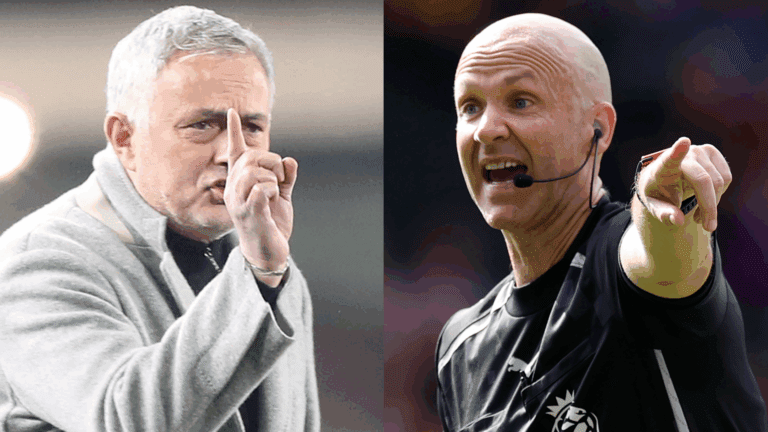


The’3pm blackout’ is the rule that no Premier League, Football League or FA Cup matches be broadcast on live television on Saturday between 2:45pm and 5:15pm. Games may be played on that day and at that time, but they are forbidden to be televised. The rule is in place since the 1960s, when Burnley chairman Bob Lord successfully convinced fellow Football League chairmen that televised matches on Saturday afternoons would negatively impact the attendance of lower league games. While there has been a significant growth in football on TV, the Premier League continue to follow the rule.
Speaking at The Summit, Premier League CEO Richard Masters said: “Our current domestic broadcast arrangement means that we are now essentially licensed to our limit. There are no more games outside of 3pm that aren’t being broadcast. We are committed to it for the foreseeable future. It’s not a decision that we alone make. It’s done in conjunction with other football bodies, the FA and the FA. But we’re committed to it for the foreseeable future.”
While there have been several rumours in recent years of a push to abolish the rule, it cannot be altered without the backing of the FA, the Premier League and the English Football League.
Masters also confirmed that the Premier League are set to vote next month on scrapping the divisive Profit and Sustainability Rules and bringing in a new system that will be more aligned with the UEFA financial regulations.









